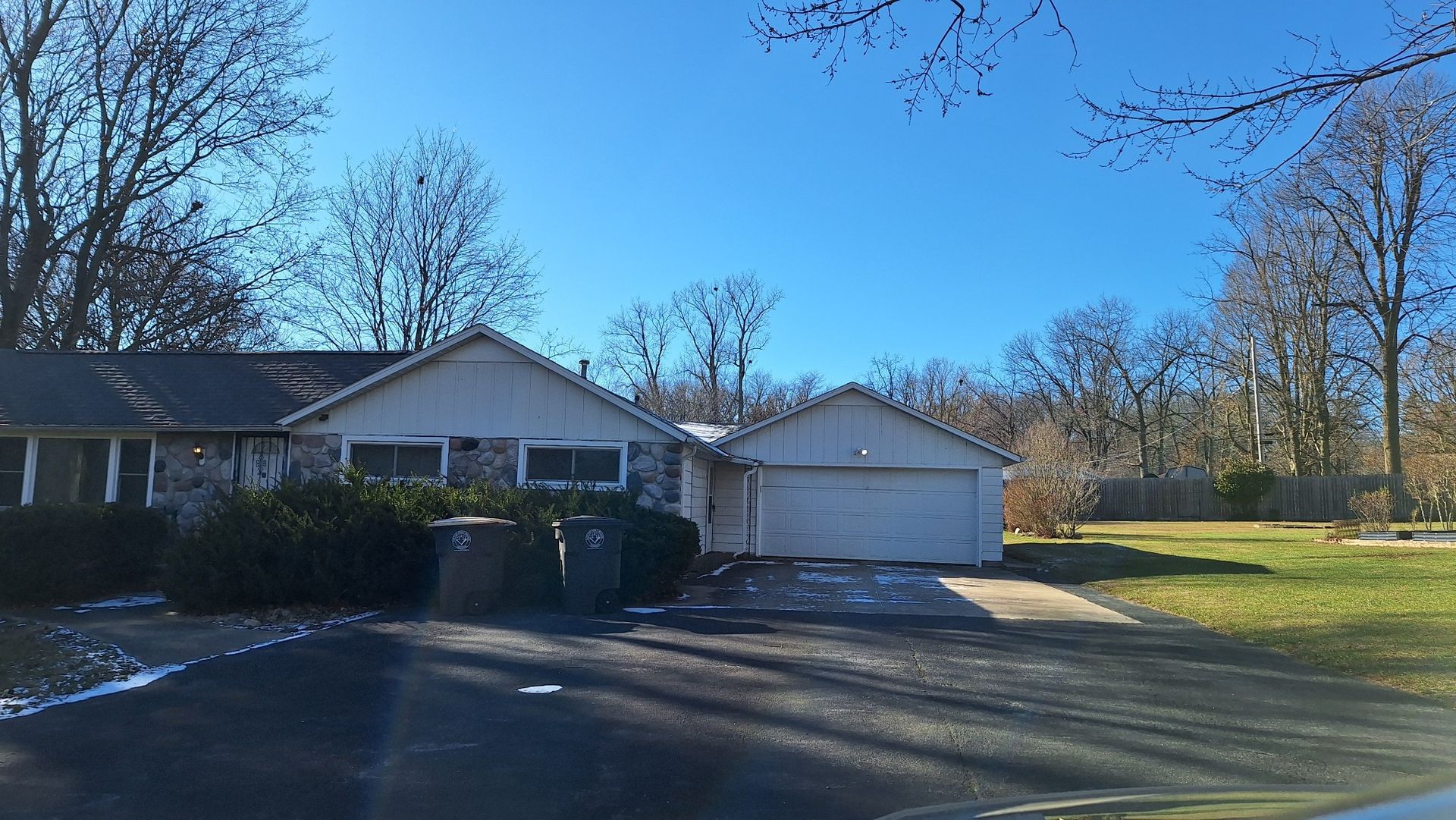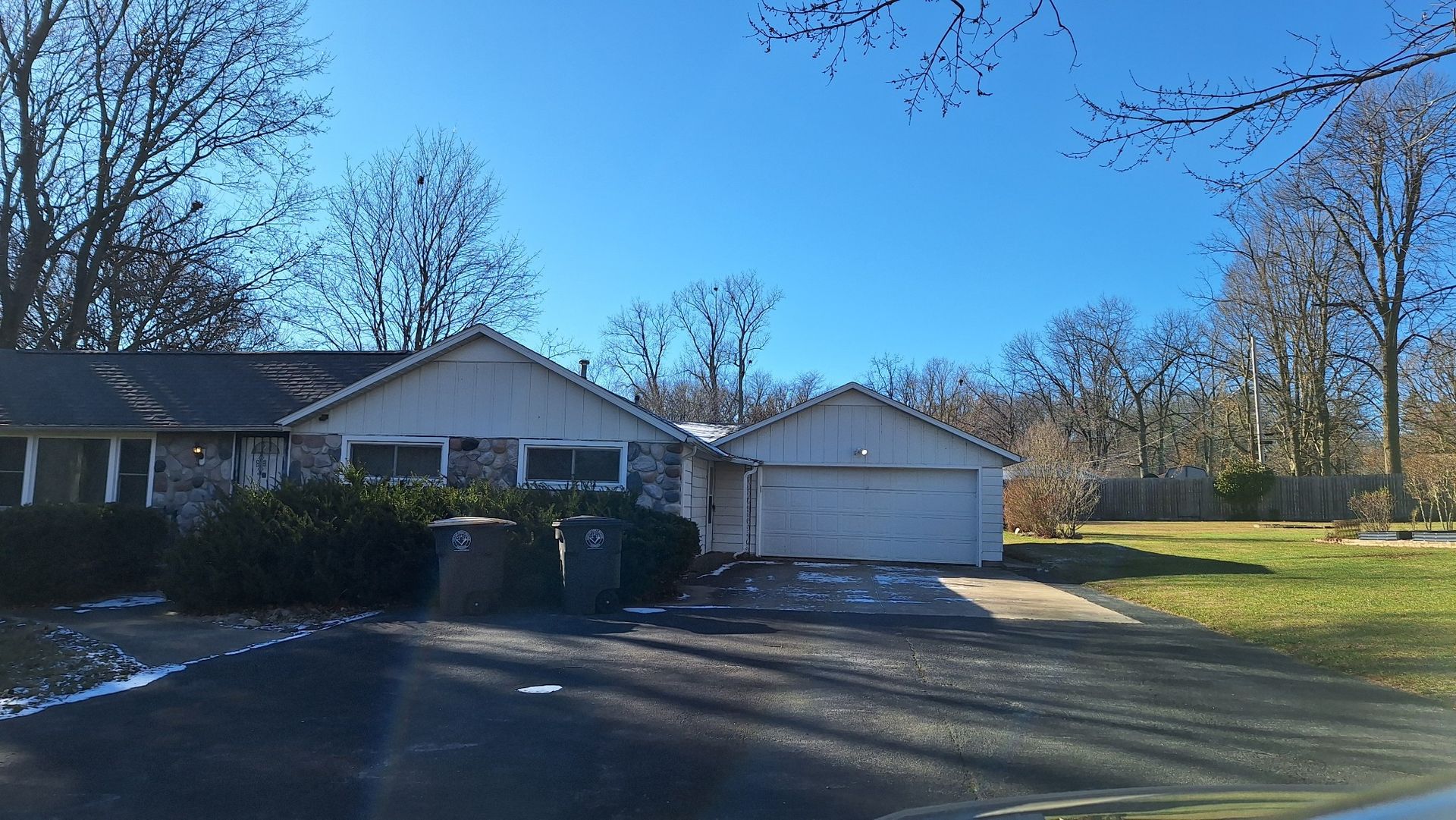Choosing the Most Energy-Efficient Roof for Your Home

When aiming to enhance energy efficiency in your home, the selection of roofing material plays a significant role. The diverse range of roofing materials on the market offers various benefits and drawbacks concerning energy efficiency. Consider factors like insulation properties, durability, and environmental impact when deciding on the ideal roofing material for your home. The right choice can improve energy efficiency and contribute to the overall sustainability of your living space.
In this blog post, we will explore the most common types of roofing materials and provide tips on how to pick one that will help lower your energy bills and reduce your carbon footprint.
Asphalt Shingles
Asphalt shingles stand out as a top choice for roofing thanks to their cost-effectiveness and straightforward installation process. However, they are not the most energy-efficient option. Asphalt shingles absorb heat and can contribute to higher indoor temperatures, especially in hot climates. When selecting asphalt shingles for your roof, it's beneficial to choose lighter-colored shingles. Lighter colors reflect sunlight, reducing heat absorption and potentially lowering energy costs. Additionally, they can help prolong the lifespan of your roof by minimizing heat-related stress.
Metal Roofing
Metal roofing is a more energy-efficient alternative to asphalt shingles. Metal roofs reflect solar heat, helping to keep your home cooler in the summer and reducing the need for air conditioning. They are also more durable and have a longer lifespan than asphalt shingles. While metal roofing may have a higher initial cost compared to traditional roofing materials, the long-term energy efficiency benefits can result in significant financial savings for homeowners in the years to come. Additionally, the durability and low maintenance requirements of metal roofs contribute to their cost-effectiveness over the lifespan of a home.
Clay or Concrete Tiles
These materials have excellent thermal mass properties, which help to regulate indoor temperatures and reduce the need for heating and cooling. Clay and concrete tiles are also durable and long-lasting, making them a sustainable choice for eco-conscious homeowners. It's important to consider that these materials can be quite heavy, especially when talking about tile roofing. Therefore, it's crucial to assess whether your home's structural integrity is robust enough to handle the weight and ensure the safety and longevity of your roof.
Slate Roofing
Slate roofing is a premium option for homeowners looking to maximize energy efficiency. Slate has natural insulating properties that help to keep your home cool in the summer and warm in the winter. It is also extremely durable and can last longer with proper maintenance. While slate roofing is one of the most expensive options, its longevity and energy-saving benefits make it a worthwhile investment for many homeowners.
Green Roofing
Green roofing, also known as a living roof, is a sustainable option that can significantly enhance energy efficiency in your home. Green roofs are covered with vegetation, which helps to absorb rainwater, reduce heat absorption, and improve air quality. They also provide excellent insulation, helping to lower energy costs year-round. While green roofing may require more maintenance than traditional roofing materials, the environmental benefits make it a popular choice for eco-conscious homeowners.
The use of vegetation on roofs not only aids in reducing energy costs by providing natural insulation but also contributes to improved air quality and stormwater management. This sustainable approach to roofing can enhance the overall environmental impact of a property, aligning with the growing trend towards eco-friendly practices in construction and architecture.
Energy-Efficient Roofing Upgrades
In addition to choosing the suitable roofing material, there are also other upgrades you can make to increase energy efficiency in your home. For example, installing a cool roof coating on top of asphalt shingles can help reflect sunlight and reduce heat absorption. Adding insulation layers under your roof can also improve energy efficiency by preventing heat loss in the winter and heat gain in the summer.
Additionally, installing a solar panel system on your roof can help generate clean energy for your home, reducing your reliance on traditional power sources and lowering your energy bills. When considering roofing upgrades, be sure to consult with a professional contractor to ensure proper installation and optimal energy efficiency benefits.
Choosing the right roofing material for your home is an important decision that can significantly impact your energy efficiency and overall comfort. Consider the climate in your area, your budget, and your sustainability goals when selecting a roofing material. Whether you opt for asphalt shingles, metal roofing, clay or concrete tiles, slate roofing, or green roofing, each material has its advantages in terms of energy efficiency.
By choosing a roofing material that maximizes energy efficiency, you can lower your energy bills, reduce your carbon footprint, and create a more comfortable living environment for you and your family. It's time to take action and make a positive impact on our planet by choosing the most energy-efficient roofing material for your home. Contact us, and let's work together towards a greener and more sustainable future, starting from the top of our homes with our roofs.
BROWSE OUR WEBSITE
CONTACT
Business Hours:
- Mon - Fri
- -
- Saturday
- -
- Sunday
- Closed
BROWSE OUR WEBSITE
CONTACT
Business Hours:
- Mon - Fri
- -
- Saturday
- -
- Sunday
- Closed






